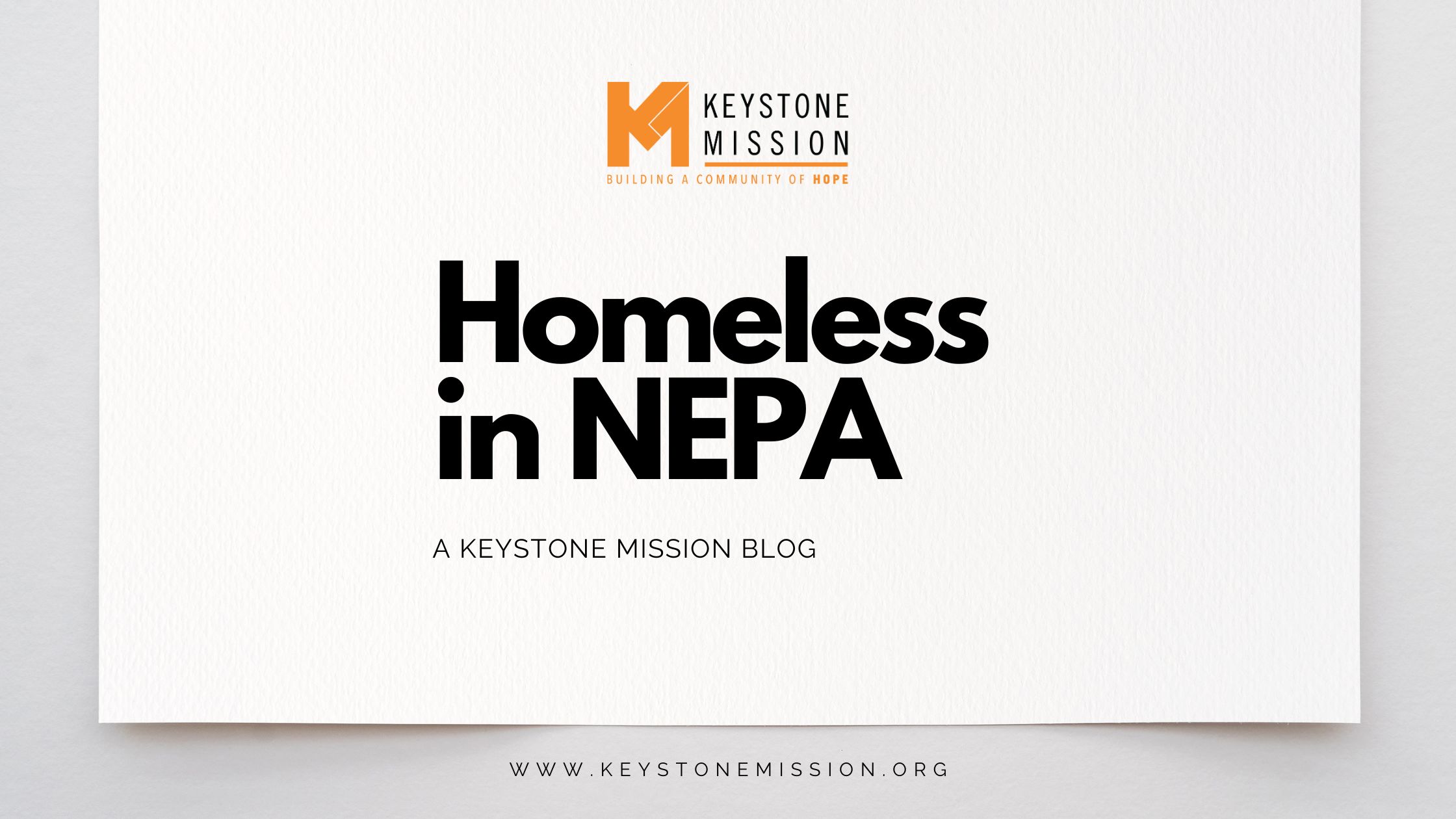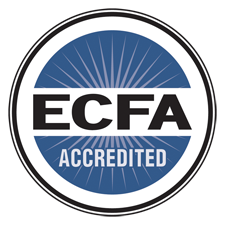
29 Feb The Ties Between Homelessness & Addiction
The Deeper-Rooted Issues
The image of homelessness is held in close relation with the face of addiction. Addiction, like any social issue, carries more complexities beneath the surface.
Although addiction and homelessness can occur simultaneously, SAMHSA (The Substance Abuse and Mental Health Services Administration), records only 38% of homeless people abused alcohol while 26% abused other drugs (Mosel, 2024).
An addiction manifests an unhealthy response to trauma and mental health that can affect anyone.
“According to the National Coalition for the Homeless, substance abuse is more prevalent in people who are homeless than in those who are not. In many instances, substance abuse is the result of the stress of homelessness, rather than the other way around. Many people begin using drugs or alcohol as a way of coping with the pressures of homelessness (Mosel, 2024).
Homelessness imposes strains on emotional, physical, and psychological well-being, where addiction may serve as both a symptom and a detrimental coping mechanism.
Navigating the Complexities
In addressing the intricacies of homelessness and addiction, the fallacy of simple solutions becomes clear. Housing provision, while a piece of the puzzle, fails to address the underlying traumas of driving addiction. Sheltering individuals within four walls does not equate for holistic rehabilitation.
Acknowledging this complexity, Scott Wills, Transformation Center Program Director, claims that the efficacy of housing-first initiatives is contingent upon comprehensive support. “It’s more complex than ‘if they stop using, they can buy a house’… the housing first ideology falls short when no other support is involved.”
Providing Holistic Interventions
When it comes to resolving the issues of homelessness and addiction, solutions are found in a strong support system. Rehabilitation centers and sober living facilities emerge as central avenues offering initial recovery and sustained aftercare. Complementing these interventions with counseling services enhances their efficacy toward healing.
Keystone Mission specifically seeks to provide spiritual, emotional, physical, and psychological support through the wrap-around care of our Male Transformation Center, a 24/7 residential program tailored to men facing homelessness and addiction. Beyond offering a safe environment where staff challenge and encourage individuals to heal, support systems are created through outside agencies, churches, and individual volunteers. Each resident takes part in initiatives like the Genesis Process, a program designed through neuroscience and biblical principles, to teach individuals to move past their addiction.
Sobriety, and hopefully independent living, is made easier when healing from trauma happens first.
Outside Sources:
Mosel, Stacy. “Substance Abuse and Homelessness: Statistics and Rehab Treatment.” American Addiction Centers, 7 Feb. 2024, americanaddictioncenters.org/rehab-guide/homeless.




Sorry, the comment form is closed at this time.